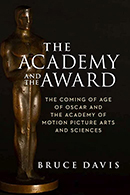On the Bookshelf
Faculty books
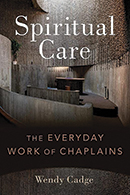
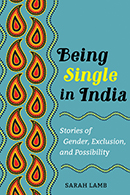
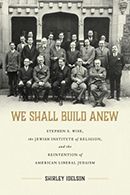

Alumni books
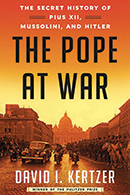
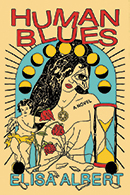
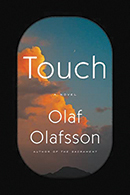
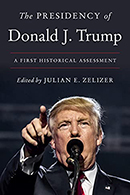
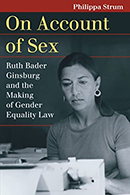
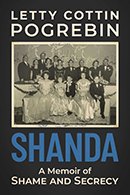
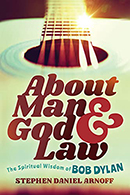
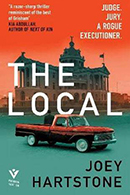
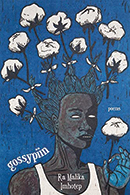
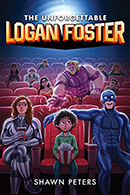
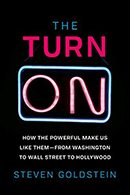

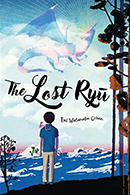
In this debut novel, aimed at readers ages 8-12, dragons still live in Japan; in fact, the young protagonist, Kohei, has his own palm-sized ryū. Giant ryū, on the other hand, haven’t been seen since the end of World War II. Believing an encounter with a big dragon would help his ailing grandfather, Kohei sets off to find one. What follows is a magical quest, fueled by love and pain.
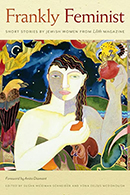
These short stories showcase the best feminist fiction published in Lilith magazine, offering varied portraits of Jewish women in many different settings, from Lower East Side sweatshops to Eastern European universities. “The strength of this collection is its multidimensional breadth in style, subject matter, mood, voice, and message,” writes Anita Diamant in her foreword.
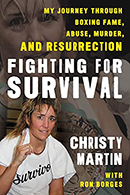
Longtime sportswriter Borges helps boxing legend Christy Martin tell her dramatic life story with an emotional punch. Martin contended with substance abuse, conflict over her sexual identity, domestic violence, and even attempted murder at the hands of her husband before finding hard-won personal happiness.
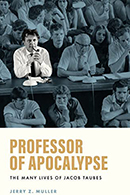
Jacob Taubes (1923-87) was a charismatic philosopher and Judaic scholar who published little yet possessed dazzling knowledge, insight, and wit. Though Taubes “aspired to be less a scholar than a seer,” writes Muller, professor emeritus of history at Catholic University, he influenced generations of scholars and identified central questions that are still debated.
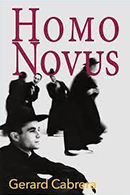
A Catholic priest hospitalized with AIDS meets a young seminarian he used to sexually abuse. The conversations they have, filled with ideas on morality, guilt, and forgiveness, reshaping both men’s understanding of human frailty and strength, animate this debut novel.

Bernstein, a University Professor at George Mason University’s Antonin Scalia Law School, dissects the ubiquitous American system of racial classification and finds it wanting. Among the questions he asks: Why must biomedical researchers classify study participants by racial categories, if the classifications themselves have no scientific basis?
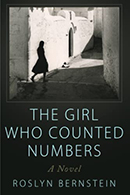
In this novel set in 1961, a 17-year-old American goes to Israel to solve a family mystery. As she searches for the truth, news emerging from the Adolf Eichmann trial adds complicating overlays of information and grief to her hunt. Bernstein is professor emerita of journalism and creative writing at CUNY’s Baruch College.
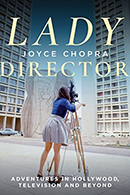
If being a female director is still a tough occupation (and it is), the hurdles the author of this memoir encountered when she entered show business in the early 1960s were truly formidable. Chopra charts the highs, lows, and craziness of a creative journey that started with a partnership with documentarian D.A. Pennebaker, and included the direction of films starring Laura Dern and Diane Keaton.
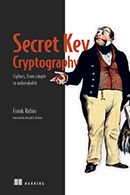
The owner of a company that produces cryptographic software (and former editor of the journal Cryptologia) explains practical ways to encrypt messages, including 30 unbreakable methods. Rubin’s approach is easy to understand and accessible, even for those without advanced mathematics knowledge.
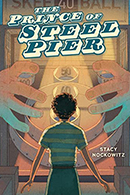
In this novel for readers in grades 3-7, a good-hearted 13-year-old boy blossoms under the attention of a charismatic man who, it turns out, is an Atlantic City mob boss. Soon ensnared in the lies he’s telling his family, the boy must decide what kind of life he wants to pursue.
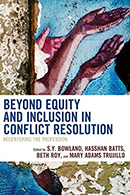
Conceived after the killing of George Floyd in 2020, this heartfelt collection of pieces by experts working in the area of conflict resolution considers the ways in which their field has manifested racism. The commentaries include narratives, poetry, and transcribed conversations.
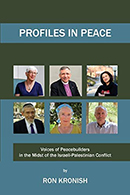
Rabbi Kronish, who for more than three decades has worked to support interreligious dialogue and peace in Israel, talks with fellow peacebuilders — three Jewish Israelis and three Palestinian Arabs — to gather their ideas on peaceful coexistence and discuss how they might be implemented amid the current conflict. Kronish is the founder of the Interreligious Coordinating Council in Israel and blogs for The Times of Israel.
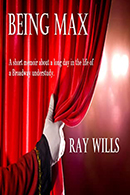
Longtime actor Wills describes the Sunday in 2001 when he discovered he was going onstage in place of Nathan Lane as Max Bialystock in the Broadway production of “The Producers.” A funny, eye-opening look at an understudy’s panicked attempts to hastily prepare: “[O]nly one of two things would happen: I would save my job and reputation, or my career on Broadway would go down like the Titanic — a few hours of terror followed by icy oblivion.”
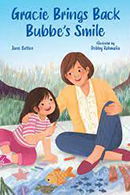
Gracie’s Bubbe is sad after the death of her husband. Gracie misses Zayde, too. To remember and honor him, Bubbe teaches Gracie Yiddish words, helping both restore their sense of fun and renew their zest for life. A sweet picture book for readers ages 4-8.
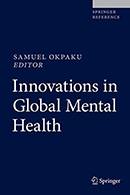
Physicians who are expert in methods that seek to improve the mental health of people worldwide share leading-edge ideas and best practices. Okpaku, a psychiatrist with more than 50 years of experience in the medical field — who has studied and worked in Nigeria, the U.K, and Israel — currently maintains a private practice in Nashville, Tennessee.
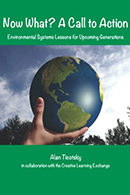
The lesson plans shared by this volume give students new tools for thinking about the environment and devising strategies that can lead to a sustainable future. Environmental crises, readers are reminded, are inextricably connected to issues related to social justice, public health, and economic prosperity, and progress in any one of these areas affects all of them.
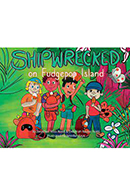
Based on a story Deborah Notis penned when she was a third grader, this book for children, which Notis co-authored with her son Jonathan, follows four boys who wander away from a class trip in search of snacks. The tale teaches lessons about the importance of sharing with others and enjoying new adventures.
Brandeis University Press
